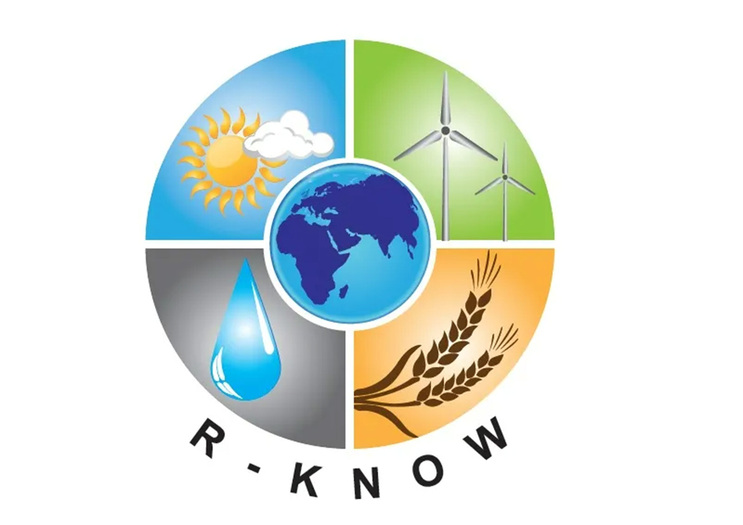The project aims at:
- Creating a Regional Knowledge Network on Water (RKNOW): The main goal of the RKNOW is to promote systemic approaches to integrated water resource management throughout the region; among researchers, experts, practitioners and other stakeholders with an interest in this domain. This network will make use of already existing national and regional networks and integrate these networks into a well organized cluster with the specific objective to extract and disseminate shared knowledge, lessons learnt and experience.
- Encouraging the application of systemic approaches to water management: Water management approaches that include; ground water and surface water resources, oases and large river systems. Through strengthening these tools, a set of lessons learnt will be collected and disseminated.
- Increasing knowledge, insights and awareness on systemic approaches to sustainable water resource management in the region. This will be made possible by collecting available knowledge on Systemic Approaches to Integrated Water Resources Management and sharing it with targeted experts; which by doing so reflects positively on increasing integrated water management in the region.
- Developing and disseminating guiding papers on systemic approaches that could be applied to Natural Resources Management
- Strengthening the capacity of local authorities to use these systemic approaches. Without practical implementation and actual training; local authorities will not be encouraged to use these new techniques. Therefore much support will be provided in increasing the capacity of the local authorities in these matters.
The ultimate aim of the RKNOW is to influence the policy an decision making processes, practices and quality as a means to enhance GG in the water sector.
The Regional Knowledge Network on Water (RKNOW) will incorporate practical knowledge (data, information & knowledge) from different knowledge sources and suppliers in addition to creating knowledge on the following thematic areas:
- Water Governance (Conventional and no-conventional resources
- Climate Change
- Water, Food and Energy
- Innovative & Sustainable Technologies
In addressing these thematic areas, RKNOW will consider a number of cross-cutting issues including, but not limited to, the following:
- Ecosystems rehabilitation (wetlands, rivers, services, etc.)
- Gender mainstreaming
- Capacity development
- Trans-boundary issues
- Water security

